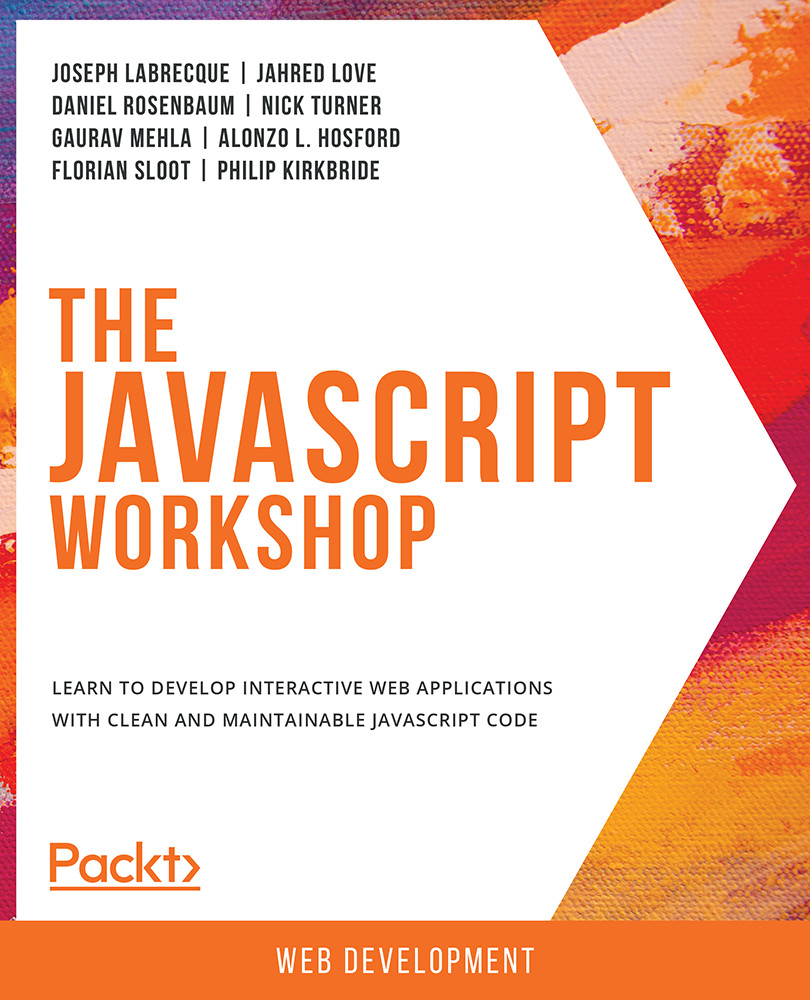Data scoping determines the accessibility of variables, functions, and objects in your code during runtime. This means the scope of a variable is controlled by the location of the variable declaration.
In JavaScript, there are two main types of scopes:
- Global scope
- Local scope, which includes function level and block level
Global Scope
Every JavaScript application has a global scope in which we can define anything that all the functions in our application can access. All the variables defined outside the functions, blocks, and modules have a global scope. Global variables are available for the lifetime of the application.
Another way of creating global variables is to use predefined global variables such as process (in Node.js) and window (in browsers). You can bind any value to these already defined global variables, and you can access them from anywhere inside the application. For example, let's add the NODE_VERSION value to the env property...



 Free Chapter
Free Chapter
